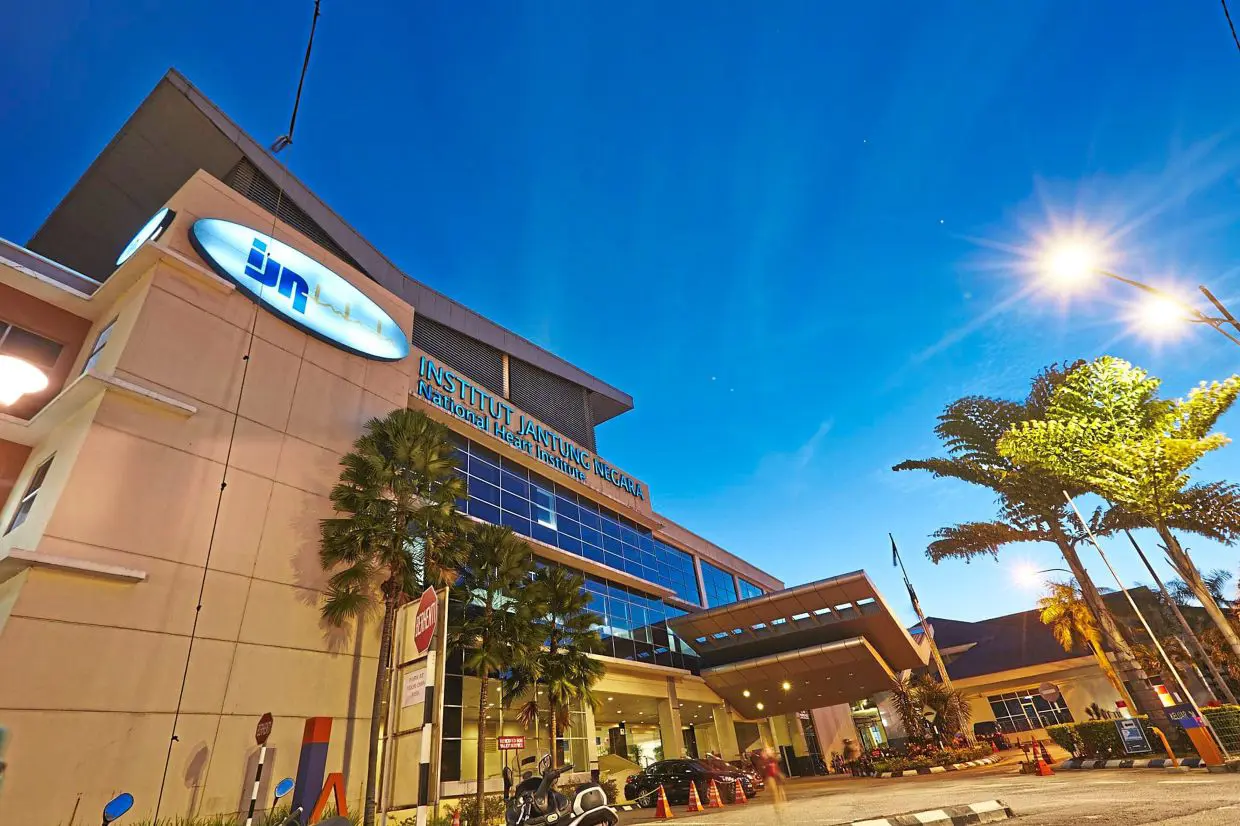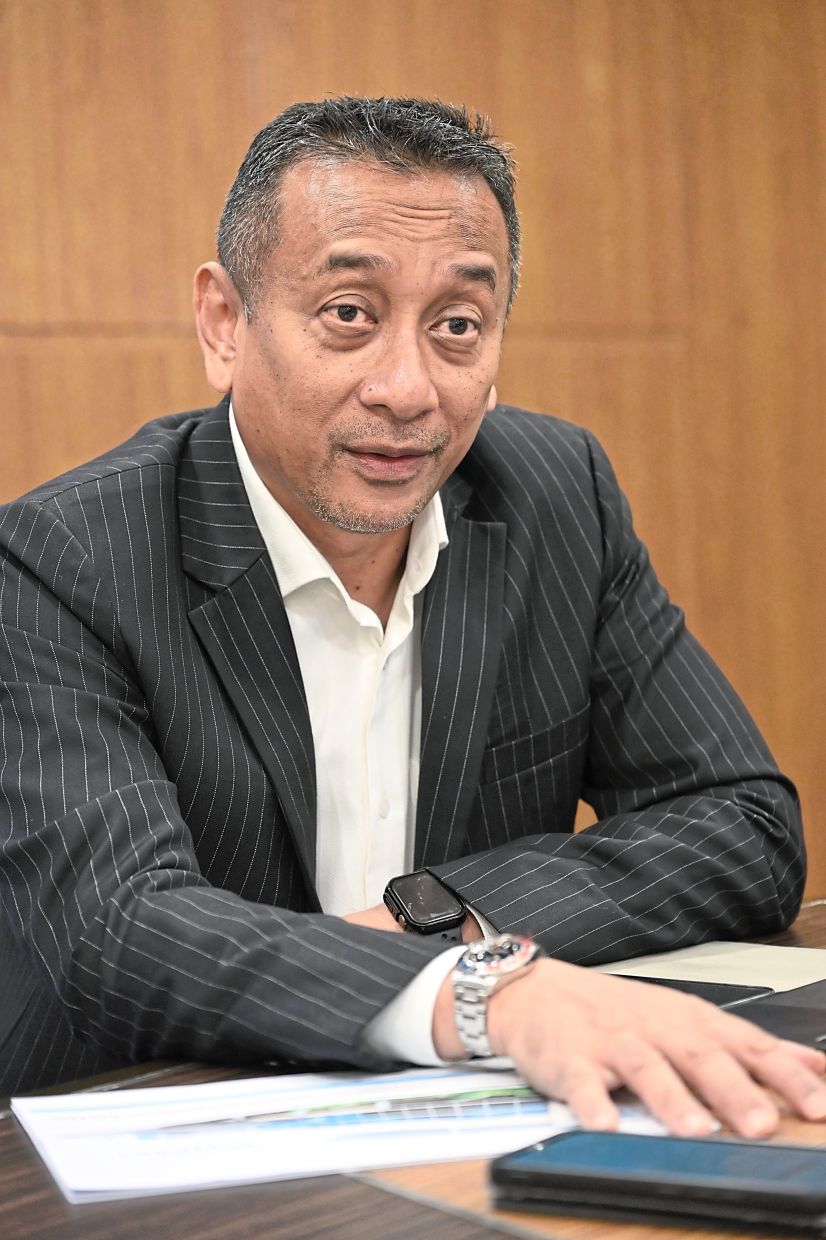Published on 27 June 2025 | By TheStar
Pioneering a greener healthcare centre

AS climate change becomes more apparent around the world—with melting icecaps, rising sea levels and severe, more frequent weather conditions—many industries have taken notice and are finding ways to reduce their carbon and GHG impact of their operations.
Similarly, the post-Covid 19 pandemic demonstrated companies that embraced environment, social and governance (ESG) values tend to show more resilience, as mentioned in two separate reports on China (Gao, M., Geng, X.) and Nordic (Habeeb Yahya) companies.
Straddled in a unique yet precarious situation is the healthcare industry, which National Heart Institute (IJN) chief executive officer Prof Datuk Seri Dr Mohamed Ezani Md Taib described the practices as “a very complex environment.”
He admitted in a recent interview that hospitals are traditionally one of the main culprits of carbon emitters due largely to the wide range of medical devices that they use.
“In the past, we used cloth masks so they were reusable. Due to worries of infection, there was a change to disposable masks and caps in the operating theatre.”
He said this resulted in the increase in single-use medical devices that resulted in an increased number of waste products.
“Now with the concern for sustainability, environment and ESG, there’s a relook at what we’re doing now, if that is correct,” he added, referring to the use of plastic containers and bags for medication.
“To make that change will result in rising costs to repackage and redeliver these sustainably, and that is challenging. That’s why it’s not easy for the medical line to become fully ESG, but no doubt we are moving in that direction,” he explained.
A greener approach
Dr Mohamed Ezani explained that IJN is recognised as a premier health centre globally, thanks to its cutting-edge technology and services. As such, it has become an example for healthcare centres within the country to aspire to become.
“As a role model, we need to be responsible for our patients, and the environment as well,” he said.
However he pointed out that the challenge arises in how to implement sustainability procedures without compromising the patient care or healthcare standards, basically: “How to prevent infection from happening while using sustainable approaches.”
He does so by targeting sustainability “low-hanging fruits”, such as using more energy efficient LED lights and harvesting rainwater to water plants in the landscaped areas of the centre.
“We have also installed solar panels on half or more of our rooftops, which means using less from the main grid. Electricity consumed from solar generation is approximately 32,000kWh per day on average which contributes to about 2.2% of IJN’s total electricity consumption per day.”
A significant challenge he identified was changing employees’ mindset of using excessive resources such as electricity and papers. With his efforts, IJN has almost gone paperless for its clinical and financial operations for the environment.
“We benchmarked our performance against the highest standard possible, which is the American standard.”
Waste issues
Dr Mohamed Ezani said that IJN has been segregating its waste into either clinical or general.
“Clinical waste carries a lot of carbon footprint because it is either to burn, which has a high carbon footprint, or bury it in landfills. For this, we will ensure that the amount of waste given to our waste vendors is minimised,” he said.
Another aspect involves recycling, of which he said the hospital’s food services are currently using recyclable materials.
“We’re trying to cut down the usage of single-use plastics, in the wards. Now we don’t use plastic spoons, instead we have recyclable items. Food containers are also recyclable as opposed to using plastic or polystyrene in the past. About 30% of the hospital’s surgical cases are already almost green,” he said.
He also explained that the hospital has policies that minimise or eliminate redundancies in its operations, in order to be as green as possible.
Social awareness
Dr Mohamed Ezani pointed out that IJN has been taking the CSR road before ESG became important.
“We realised that in Malaysia, there’s a lot of issues about non-communicable diseases and for the last 10 years, we have visited more than 160 rural areas, such as the islands off the East Coast, to conduct healthcare screening for more than 160,000 participants for free.
He explained that the hospital conducted such screenings to identify those at risk, then referring them to the nearest hospital when needed, or even bringing them back to IJN for treatment if necessary.
“We have been doing this as a service to return what we have gained back to the people. Our way of giving back to the community.”
He also mentioned that patients can expect the best care possible and that the accessibility to this standard is important.
“When you talk about being sustainable, it also means that any Malaysian should have access to IJN. Our target is that 75% of new patients should receive their first appointment within two weeks. We will also ensure IJN is free of risk of infections—these are the things that we monitor.”
Matter of governance
IJN has been diligent in ensuring it is accredited in its standing, from ISO 55001:2014 Asset Management System to MS ISO/IEC 27001:2013 in Information Security Management System and more.
“Way before anybody had been talking about this, we’ve been looking at topics like anti-bribery, net zero carbon charges, cybersecurity and of course digitalisation. We’ve been careful to ensure that SDG Goal 5 in upholding transparency is observed all the way up to the board of directors.
“We have to report to our audit risk and compliance committee to make sure these are performed.”
In light that World Ocean Day is in July, he shared that IJN will embark on more rural community work, which will include cleaning out the beaches from plastics and other marine litter.












